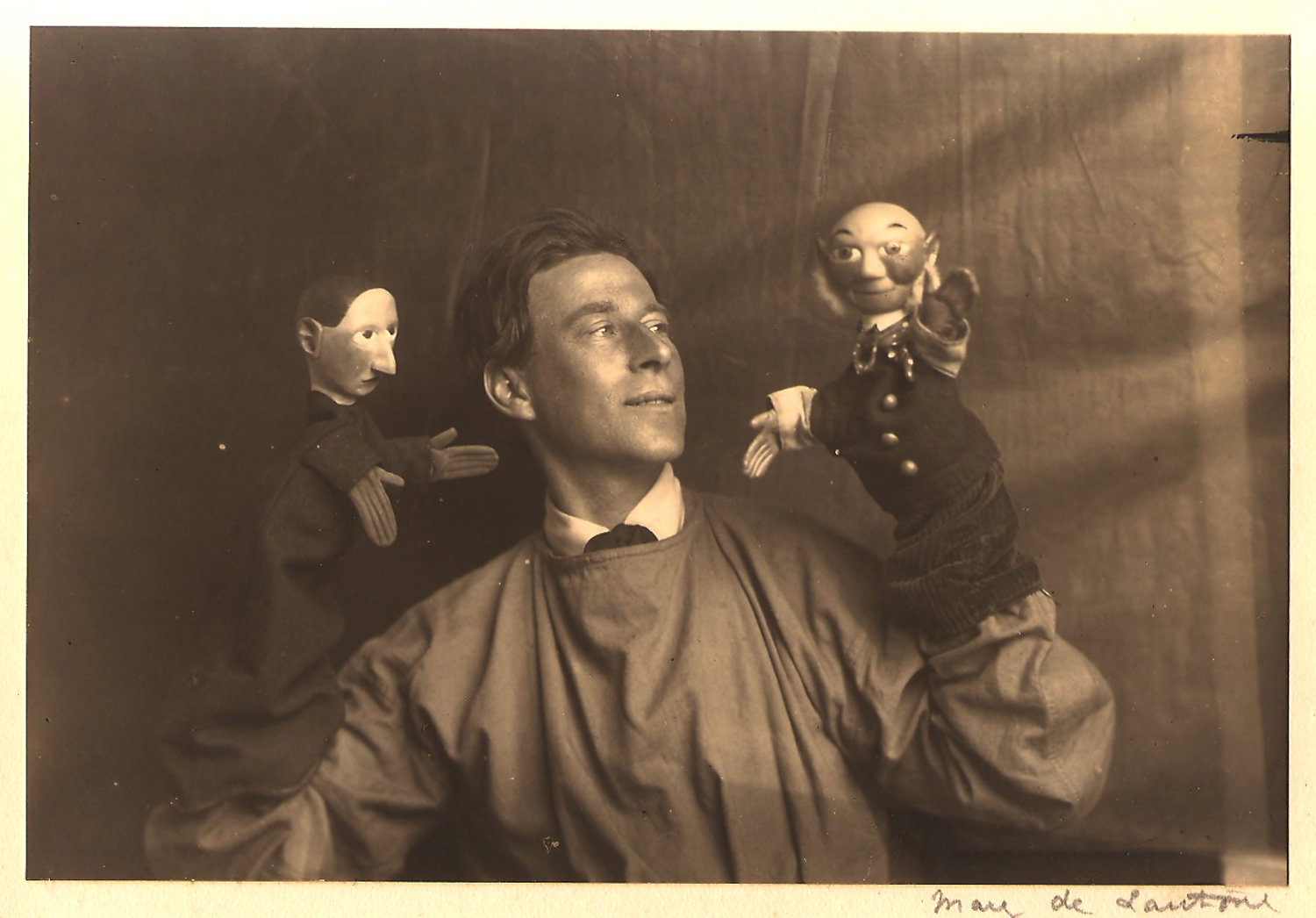I came home yesterday morning. Beautiful day. Snowfall and a lot of rain in the morning. As soon as the rain ceased at noon, the whole landscape began to steam, even before the sun had got fairly out. I find myself admiring the natural world, and then it comes back to me that only just across the sea, men are crouching in trenches, exposed to the elements I am admiring, and being shot at. There is something wrong with the world! I have read accounts of people with mental disorder who have a sort of 'split' in their personality, and that is how the world is at present, from my point of view anyway.
 For example we were at the theatre in London the other night laughing and enjoying ourselves. It was the best evening I have had at the theatre for I don't know how long. Then you come out with nothing on your mind except the play you have seen, and maybe there is an air raid; immediately you must switch to a different state of mind. All this must be having a tremendous impact on the nerves of the public.
For example we were at the theatre in London the other night laughing and enjoying ourselves. It was the best evening I have had at the theatre for I don't know how long. Then you come out with nothing on your mind except the play you have seen, and maybe there is an air raid; immediately you must switch to a different state of mind. All this must be having a tremendous impact on the nerves of the public. The play was Pierre Veber's "Gonzague", a common farce of intrigue, but ingeniously constructed. There is nobody in England (whether or not as bereft of genius as Veber is) who could construct a little farce so well. Nothing to it but very agreeable to witness. Excellently produced and excellently played.
As regards the war, Donald said that the Russians would make no offensive this year, and that had it not been for the Revolution they would have made peace. He also said that he was getting some men to write messages to Russia for cabling, but that he had to obtain Lloyd George's approval first. During the afternoon he sent me up a note to say that he had obtained the approval and would I send in 500 word message quickly.




















